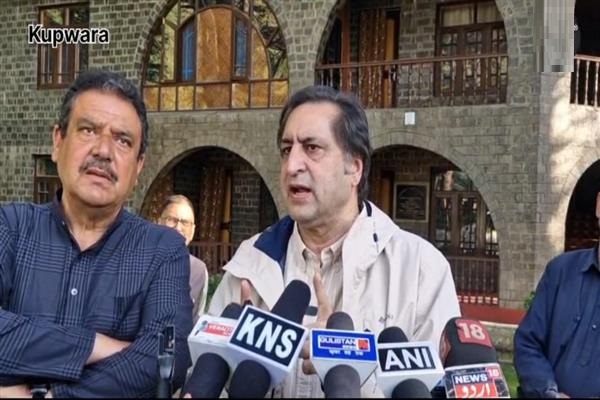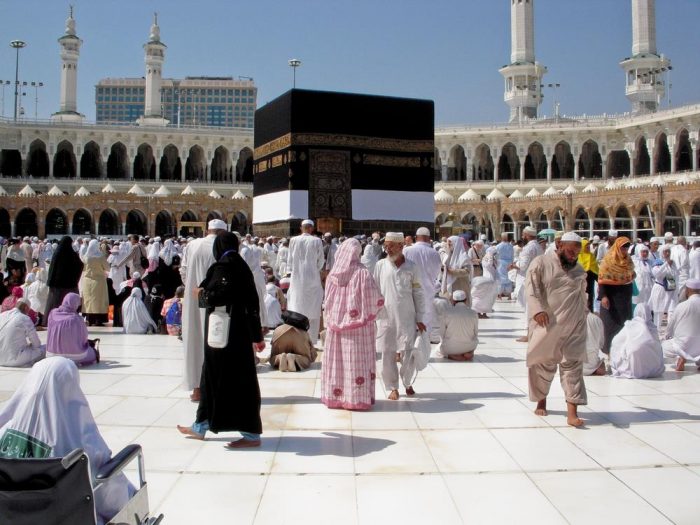Amid freezing temperatures, thousands are without food, water and shelter in Turkey and Syria as the death toll in the devastating 7.8-magnitude quake increased to 16,035 on Thursday, authorities said.
In its latest update on Thursday, Turkey’s Disaster and Emergency Management Agency (AFAD) said the death toll currently stood at 12,873, while the number of injured persons shot up to 62,937, reports Anadolu News Agency.
The victims and the widespread damages have been reported from the 10 regions of Adana, Adiyaman, Diyarbakir, Gaziantep, Hatay, Kahramanmaras, Kilis, Malatya, Osmaniye, and Sanliurfa.
More than 113,200 search and rescue personnel are currently working in the field, AFAD said in its update, adding that a total of 28,044 people have been evacuated from quake-hit regions so far — 4,607 by road and railway and 23,437 by air.
“As a result of negotiations with the Turkish Foreign Ministry, 5,709 personnel coming from other countries to give help were dispatched to the disaster area,” it added.
Besides rescue teams, blankets, tents, food, and psychological support teams were also sent to affected areas.
A total of 92,738 family tents were set up to shelter survivors, AFAD also said.
It added that 5,557 vehicles, including excavators, tractors and dozers, were sent to the disaster area.
In Syria, the total number of fatalities stood at 3,162, CNN reported.
Of the overall deaths, 1,900 were reported in rebel-held areas in the country’s northwest, while 1,262 fatalities were registered in government-controlled parts of the war-torn nation, according to Syrian state media and other officials.
Meanwhile, over 5,000 people were reported injured and the toll is likely to increase as search operations continue.
Syria’s White Helmets, a civil defence group in Syria, have said that “time is running out”, with “hundreds of families” still stuck under the rubble of collapsed buildings, the BBC reported.
The group said their teams continue to search for survivors “amid great difficulties” and with a need for heavy machinery to remove rubble.
“Every second means saving a life,” they added.
Addressing the media earlier in the day in Geneva, Robert Holden, the World Health Organization’s (WHO) incident response manager, said there were thousands of people now surviving “out in the open, in worsening and horrific conditions”, with disrupted access to water, fuel, electricity and communications.
“We are in real danger of seeing a secondary disaster which may cause harm to more people than the initial disaster if we don’t move with the same pace and intensity as we are doing on the search and rescue. This is no easy task… The scale of the operation is massive,” the BBC quoted the WHO official as saying.
The devastating 7.8 tremor struck Turkey’s southern province of Kahramanmaras at 4.17 a.m. on Monday morning, which was followed by a 6.4-magnitude temblor a few minutes later in Gaziantep province.
The epicentre of the 7.8-magnitude quake was 23 km east of Nurdagi in Gaziantep, at a depth of 24.1 km.
At around 1.30 p.m, a third 7.5-magnitude tremor hit Kahramanmaras, which officials said was “not an aftershock”.









